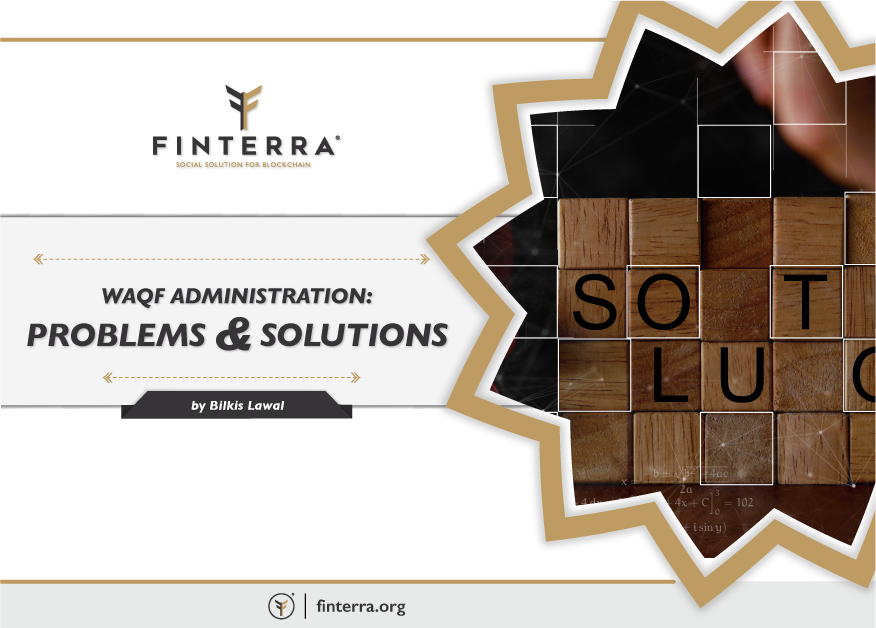Waqf Administration: Problems and Solutions
To understand this article, it is imperative for readers to be aware of the primary importance of Waqf. In Islam, Waqf is primarily established as a source to improve the overall socio-economical welfare of society. This establishes its role as somewhat of a reminder to the wealthy members of the society whose wealth should be given out voluntarily to assist the underprivileged.
Considering the relevance of Waqf in societal development, it is reasonable that administrative bodies are conditioned to cater to the smooth running of Waqf assets. Various countries- Muslims and Non-Muslims both-have organised mediums to govern Waqf assets and these mediums could differ between countries.
Despite its diverse application, the primary function of a Waqf administrator is to organize and overlook the development and longevity of the Waqf asset. However, there are a few problems facing this department among which are:
accountability criteria, firm legal presence, regular government or state involvement in the affairs of Waqf administrations, propagation of activities that would enhance the public’s awareness of Waqf and the role of Waqf administrators and lastly, identifying mediums that would increase the funds they receive.
In conclusion, Finterra, as a FinTech company, is aiding in tackling these problems by providing a platform that brings various stakeholders in contact with the Waqf administrators. This would help in giving them access to funds, solving the issue of lack of transparency and accountability and even bring an end to corruption.
Considering the relevance of Waqf in societal development, it is reasonable that administrative bodies are conditioned to cater to the smooth running of Waqf assets. Various countries- Muslims and Non-Muslims both-have organised mediums to govern Waqf assets and these mediums could differ between countries.
Despite its diverse application, the primary function of a Waqf administrator is to organize and overlook the development and longevity of the Waqf asset. However, there are a few problems facing this department among which are:
- Lack of funding:
this is arguably the biggest challenge faced by Waqf administrators. For Waqf properties to be efficiently utilized, there must be adequate funds that would see to that effect. In most instances, Waqf administrators are not funded by the state or government of the country and thus have to rely heavily on contributions from individuals which cannot be considered as stable or dependable. - Lack of infrastructure:
another problem would be the lack of infrastructure to carry out certain operations which most Waqf administrations are facing. This could also be as a result of the insufficiency of their funds that renders them incapable of catering to their management and operations as well as acquiring necessary infrastructure. - Public ignorance:
A large variation of the public still remains ignorant of the importance of Waqf in the society and even more the relevance of establishing an effective Waqf administration. - The high rate of corruption:
Lastly, due to the overall lack of accountability, negligence of law and order and other deficit plaguing most administration. Corruption is let to brew, and this has seen to the increase in its frequency.
accountability criteria, firm legal presence, regular government or state involvement in the affairs of Waqf administrations, propagation of activities that would enhance the public’s awareness of Waqf and the role of Waqf administrators and lastly, identifying mediums that would increase the funds they receive.
In conclusion, Finterra, as a FinTech company, is aiding in tackling these problems by providing a platform that brings various stakeholders in contact with the Waqf administrators. This would help in giving them access to funds, solving the issue of lack of transparency and accountability and even bring an end to corruption.




